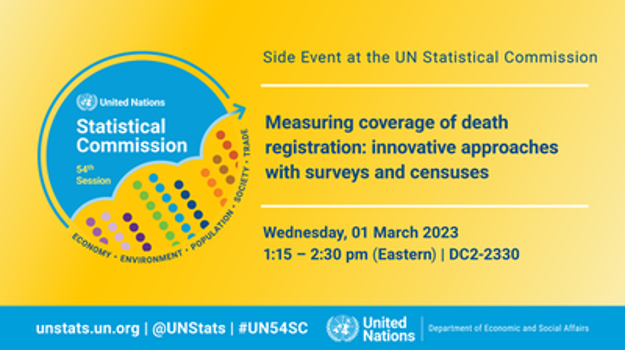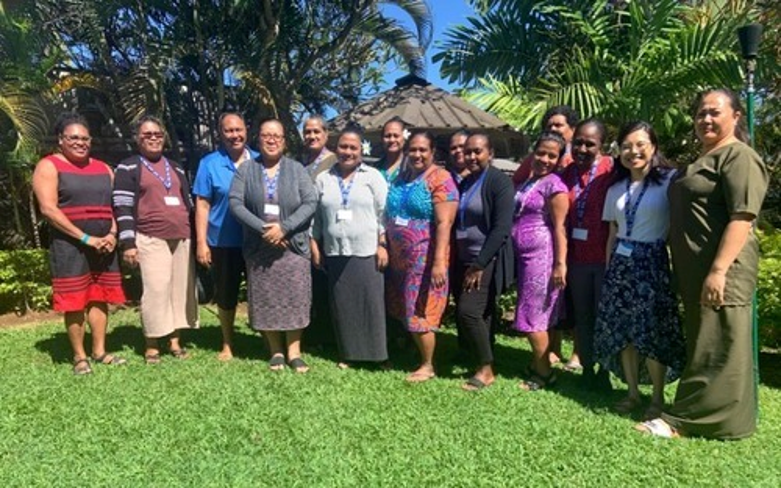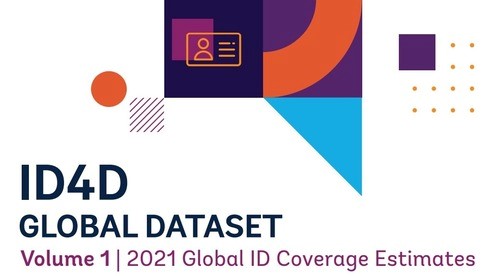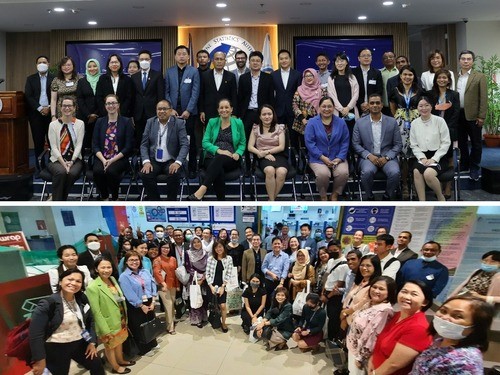A new publication highlighting good practices in identity management was launched at an event in Vienna on 29 September 2017. The document identifies best practices both in providing evidence of identity through the issuance of travel documents and ID cards, as well as in ensuring access to economic, civil and political rights.
The Compendium of Good Practices in Identity Management in the OSCE Region was produced jointly by the OSCE Office for Democratic Institutions and Human Rights (ODIHR), which contributed information on identity management and freedom of movement, and the OSCE Transnational Threats Department, which contributed information on travel document security.
The publication is the result of consultations initiated in 2013, and the subsequent process has involved a series of expert meetings as well as a detailed questionnaire distributed to all OSCE participating States in August 2016. The compendium builds upon existing ODIHR expertise in providing technical support to participating States in civil registration, identification, and population registration and reform.
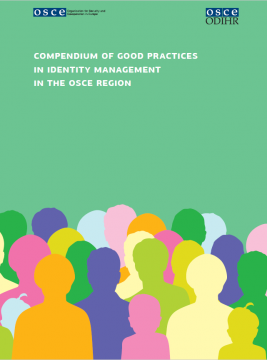
More News
The United Nations Economic and Social Commission for Asia and the Pacific (ESCAP) will organize…
The Bloomberg Philanthropies Data for Health Initiative’s Global Grants Program (GGP) is launching…
(Newsletter March 2023) A new Community of Practice on measuring adult mortality…
(Newsletter March 2023) A regional training workshop on ICD mortality coding for Pacific Island…
(Newsletter March 2023) The Accelerator Lab and the core team of the Birth, Death…
(Newsletter March 2023) The Data for Health (D4H) Initiative’s Gender Equity Unit aims to increase…
(Newsletter: CRVS Insight February 2023) Many people around the world do not have official…
(Newsletter: CRVS Insight February 2023) As one of the final steps in the project for assessing…
(Newsletter: CRVS Insight February 2023) From 30 January to 3 February, 16 participants from Tonga…
(Newsletter: CRVS Insight February 2023) A meeting of South East Asia (SEA) civil registrars was…




